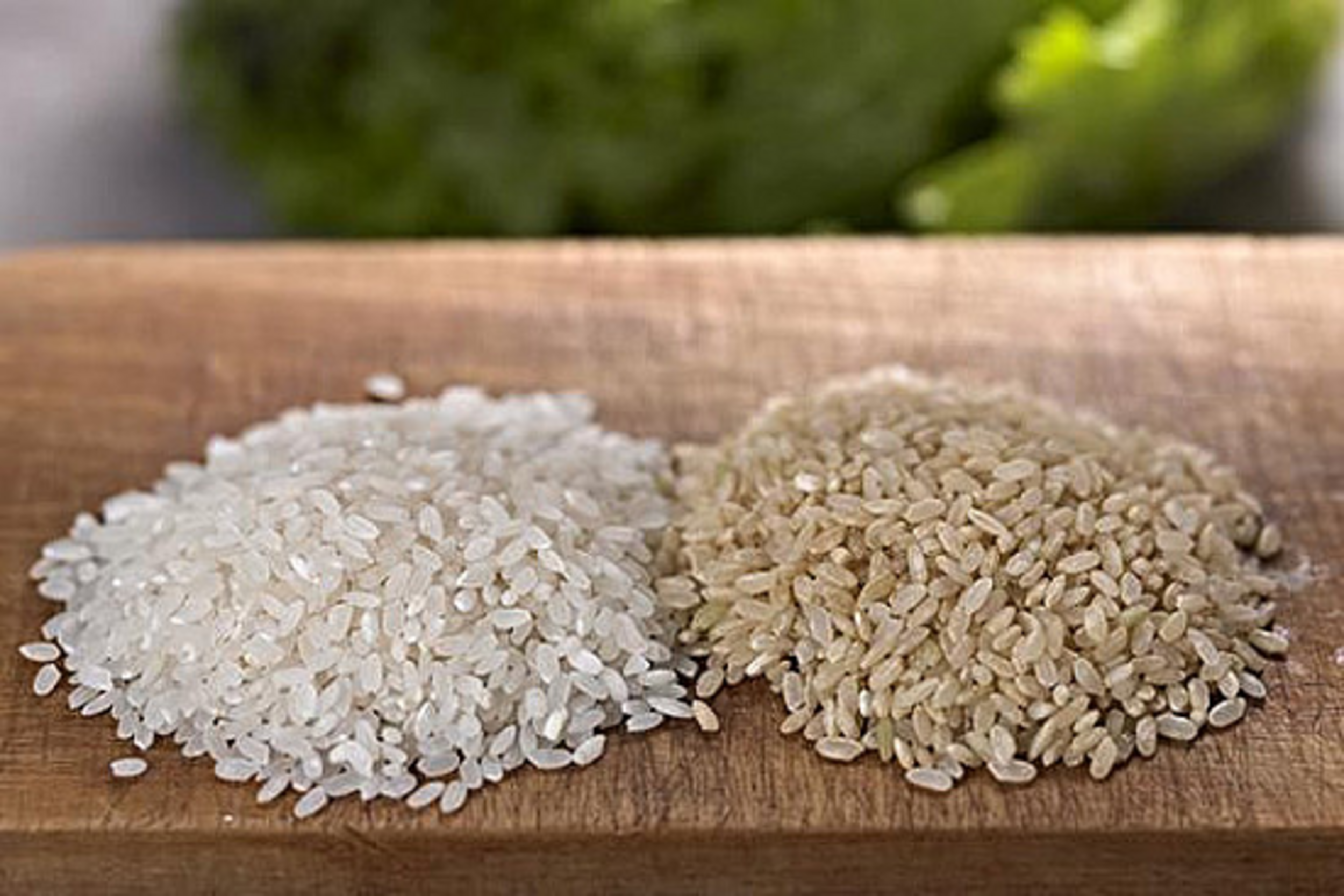What is the Role of Sugary Drinks and Processed Foods in Weight Gain?
- Last Updated on
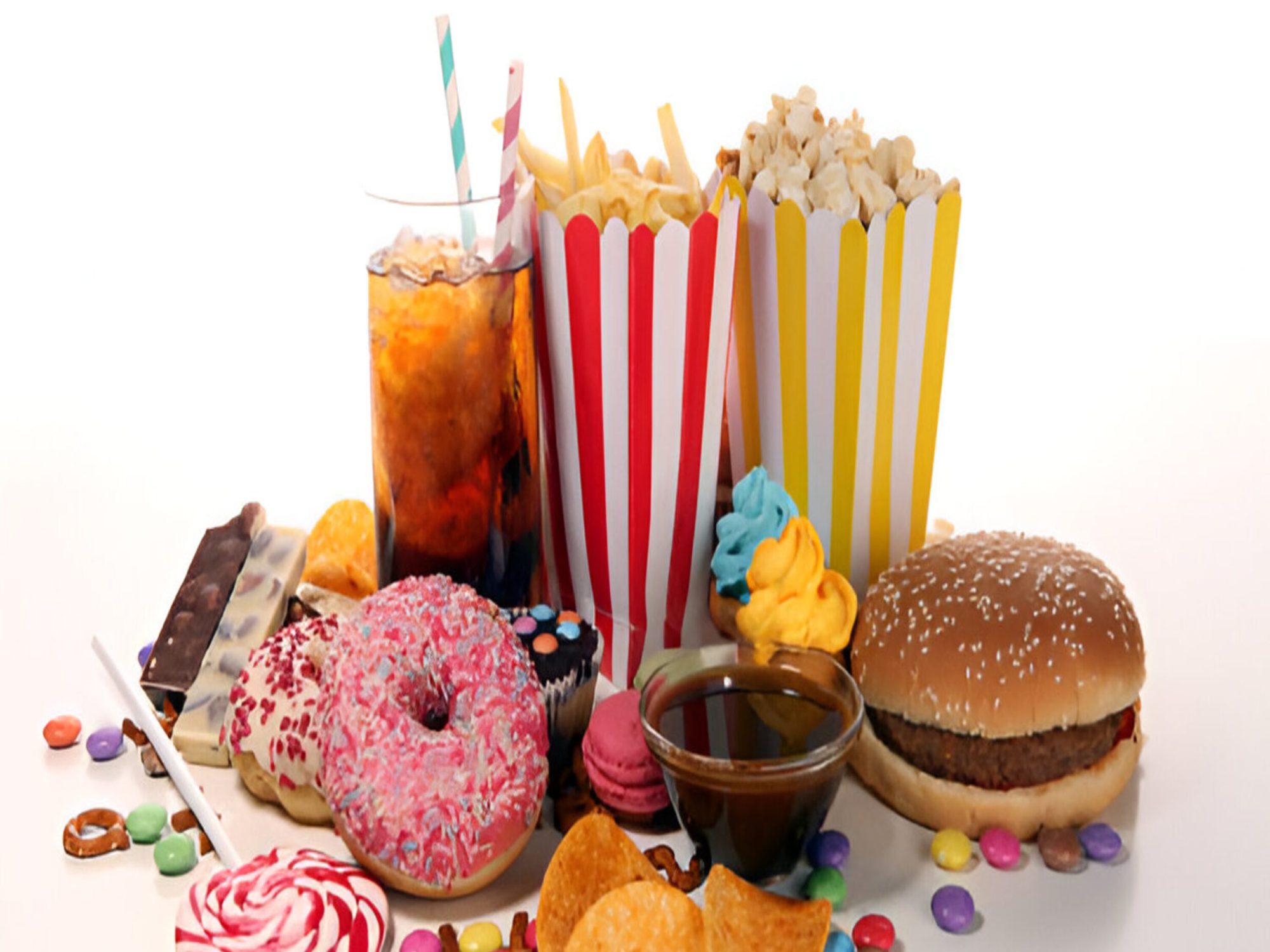
Image: istock.com
Are you someone who can’t enjoy watching TV without a large pack of microwaved popcorn? Do you find it hard to study without snacks like chips, fries, and crackers? If you love sweetened coffee and tea, canned meats, hot dogs, and sausages, this might resonate with you. Are you a social butterfly who enjoys alcoholic beverages or frequently consumes energy drinks like Red Bull or soda? If your dessert table is usually filled with cakes, pastries, and white bread, then you’re reading the right thing to learn more about your habits and behavioural effects on health.
Articles Contains
- What are Sugary Drinks?
- What are Processed Foods?
- Role of Sugary Drinks and Processed Foods in Weight Gain?
- Conclusion
- Key Takeaways
- References
What Are Sugary Drinks?

Image: istock.com
Sugary drinks, also known as sugar-sweetened beverages or “soft” drinks, include any beverage that contains added sugar or sweeteners such as high fructose corn syrup, sucrose, and fruit juice concentrates. This category encompasses soda, pop, cola, tonic water, fruit punch, lemonade (and other similar beverages), sweetened powdered drinks, as well as sports and energy drinks.
To give you a clearer idea of how much sugar is in these drinks, consider that there are 4.2 grams of sugar in a single teaspoon. Now, imagine scooping 7 to 10 teaspoons of sugar and putting it into a 12-ounce glass of water. That might sound overly sweet, but surprisingly, that’s how much added sugar is typically found in a can of soda. This visualization can help you understand just how much sugar is in your drink. [1]
Keep In Mind: When ranking beverages based on their health benefits, sugary drinks rank at the bottom of the list. These drinks contain a high number of calories but offer little to no nutritional value. Research shows that people who consume sugary beverages do not feel as satisfied as they would after consuming the same amount of calories from solid food. Additionally, these individuals tend not to reduce their food intake to compensate for the extra calories they consume in drinks. [2]
What Are Processed Foods?
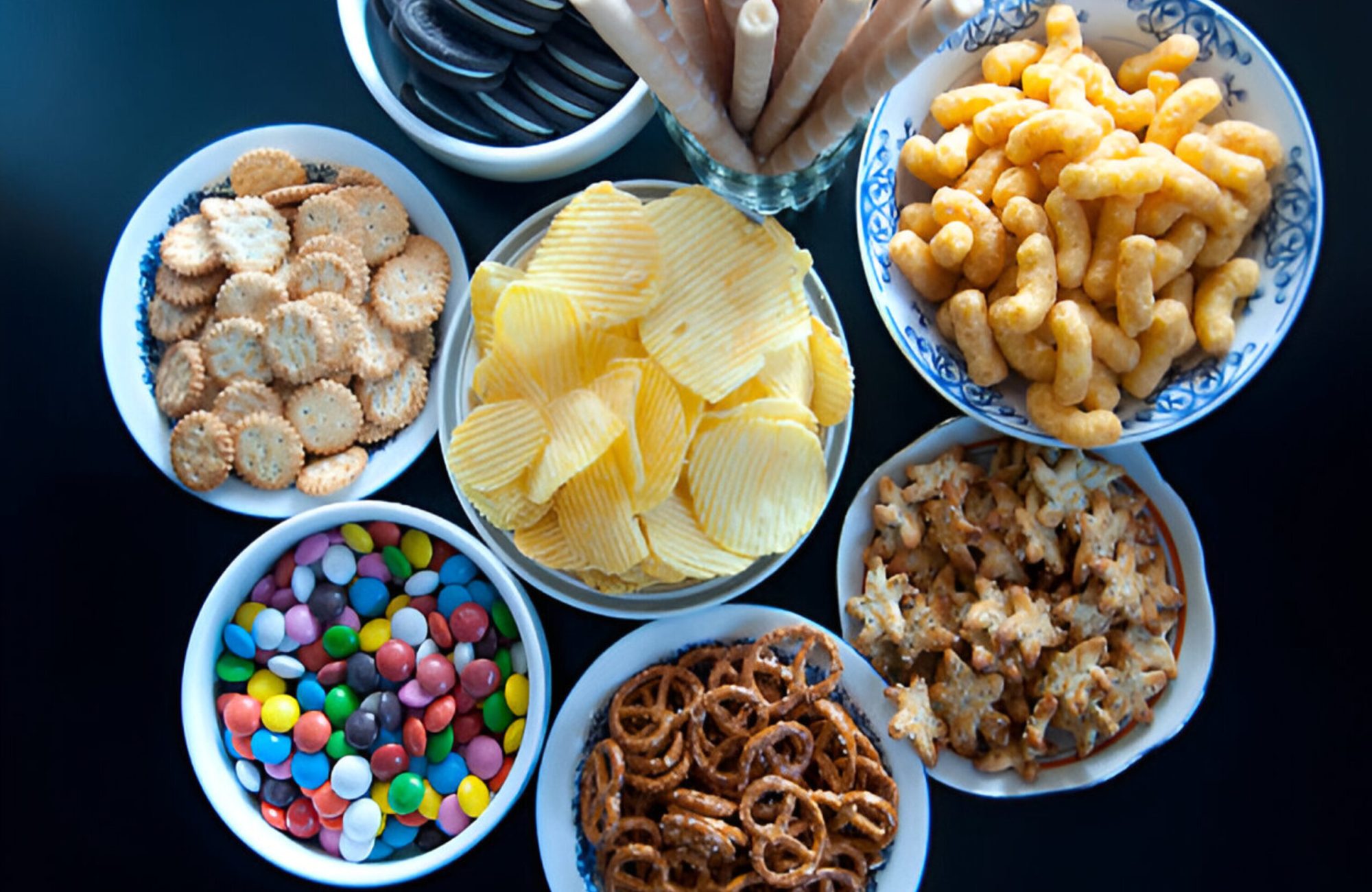
Image: istock.com
Processed food refers to any food or drink modified during its preparation. Foods are typically processed for several reasons, including:
- Ensuring safety (e.g., pasteurizing milk)
- Preparing for use (e.g., extracting oil from seeds)
- Preserving the food (e.g., tinned or frozen foods)
- Enhancing flavor (e.g., adding salt or sweeteners)
- Creating convenient ready meals and snacks.
Not all processed foods are unhealthy, but many ultra-processed foods are high in calories, saturated fat, salt, or sugar. Consuming excessive calories, saturated fat, salt, and sugar while not eating enough fruits, vegetables, and fiber is detrimental to health. [3]
Role of Sugary Drinks and Processed Foods in Weight Gain
Sugary Drinks and Caloric Compensation:

Image: istock.com
Consuming more ounces of sugary beverages each day leads to a higher calorie intake later in the day. This contrasts with the pattern observed with solid foods, where people often compensate for a large meal by eating fewer calories in subsequent meals. This compensatory response does not appear to occur after drinking soft drinks, and several reasons may explain this.
- Firstly, liquids do not provide the same sense of fullness or satisfaction as solid foods because the body does not register liquid calories in the same way. As a result, individuals may continue to eat even after consuming a high-calorie beverage. Additionally, sweet-tasting soft drinks—whether they are sweetened with sugar or a calorie-free substitute—may increase cravings for other sweet, high-carbohydrate foods.
- Interestingly, although soda may contain more sugar than a cookie, people’s perceptions play a role: they tend to view soda as just a drink and cookies as a dessert. Consequently, they are more likely to limit their food intake than their beverage consumption. [1]
Quick Tip: Drinking water in place of sugary drinks or fruit juices is associated with lower long-term weight gain. [1]
Sugary Drinks and Health Risks:

Image: istock.com
The average can of sugar-sweetened soda or fruit punch provides almost 150 calories from added sugar. If you drink just one of these sugary drinks daily and cut back on calories elsewhere, you could gain up to 5 pounds in a year. Beyond weight gain, routinely drinking these sugar-loaded beverages can increase the risk of type 2 diabetes, heart disease, and other chronic diseases. Furthermore, higher consumption of sugary drinks has been linked with an increased risk of premature death. [1]
Ultra-processed Foods and Increased Caloric Intake:
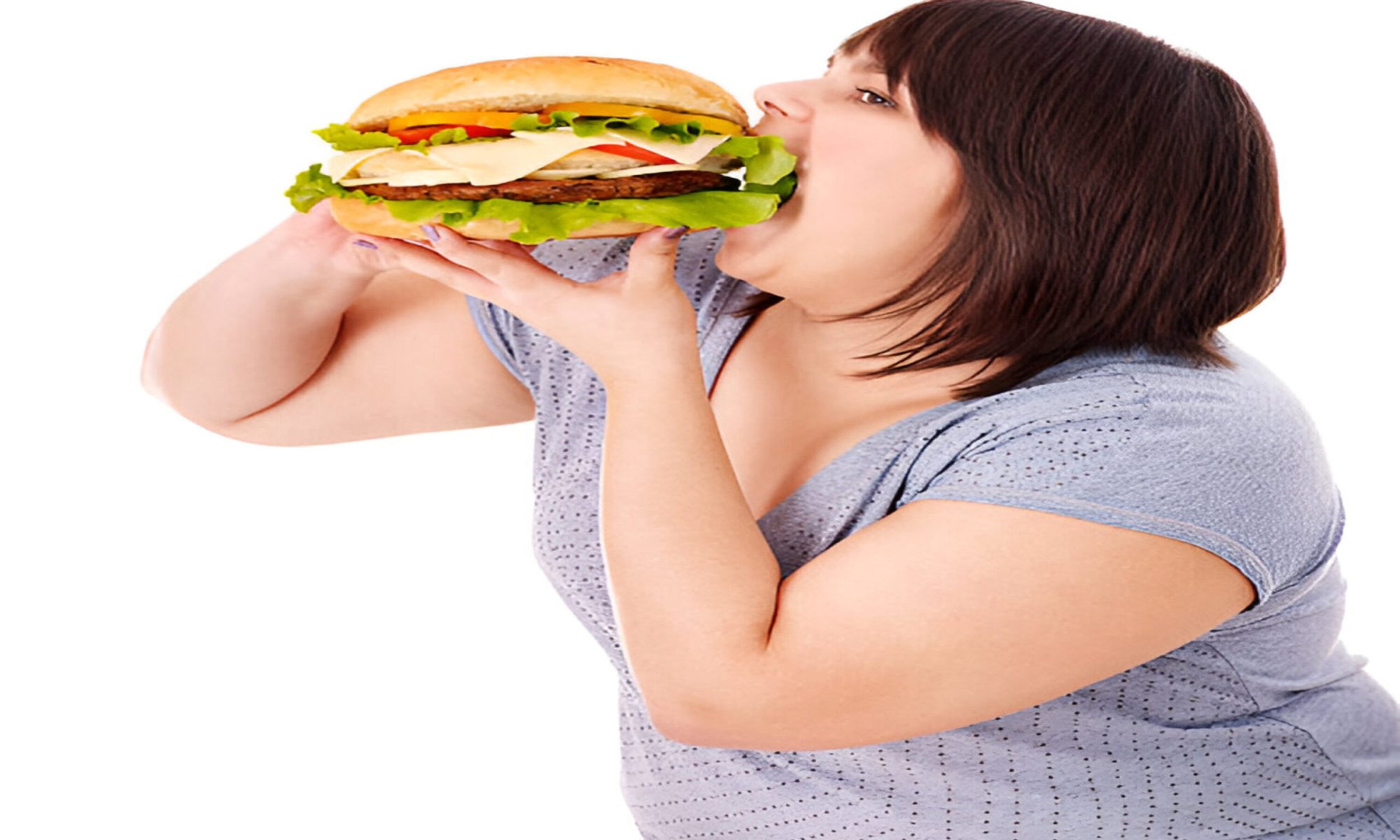
Image: istock.com
The research team studied 20 volunteers (10 male, 10 female) at the NIH Clinical Center over 28 days. Half consumed ultra-processed foods for the first 2 weeks, while the other half ate unprocessed foods. After this, they switched diets.
Participants had three meals daily and could eat as much or little as they wanted, with access to snacks and water. Researchers hypothesized that ultra-processed foods might increase calorie intake due to their high sugar, fat, and salt content while being low in fiber.
Ultimately, when on the ultra-processed diet, participants consumed an average of 508 more calories per day than on the unprocessed diet, leading to an average weight gain of 2 pounds (0.9 kg), primarily as body fat.
Participants in the unprocessed food group lost an average of 0.9 kg during the 2-week study period. This group also saw increases in the gut hormone peptide YY, which suppresses hunger and decreases the hunger hormone ghrelin. [4]
The Impact of Specific Food Choices on Long Term Weight Gain:
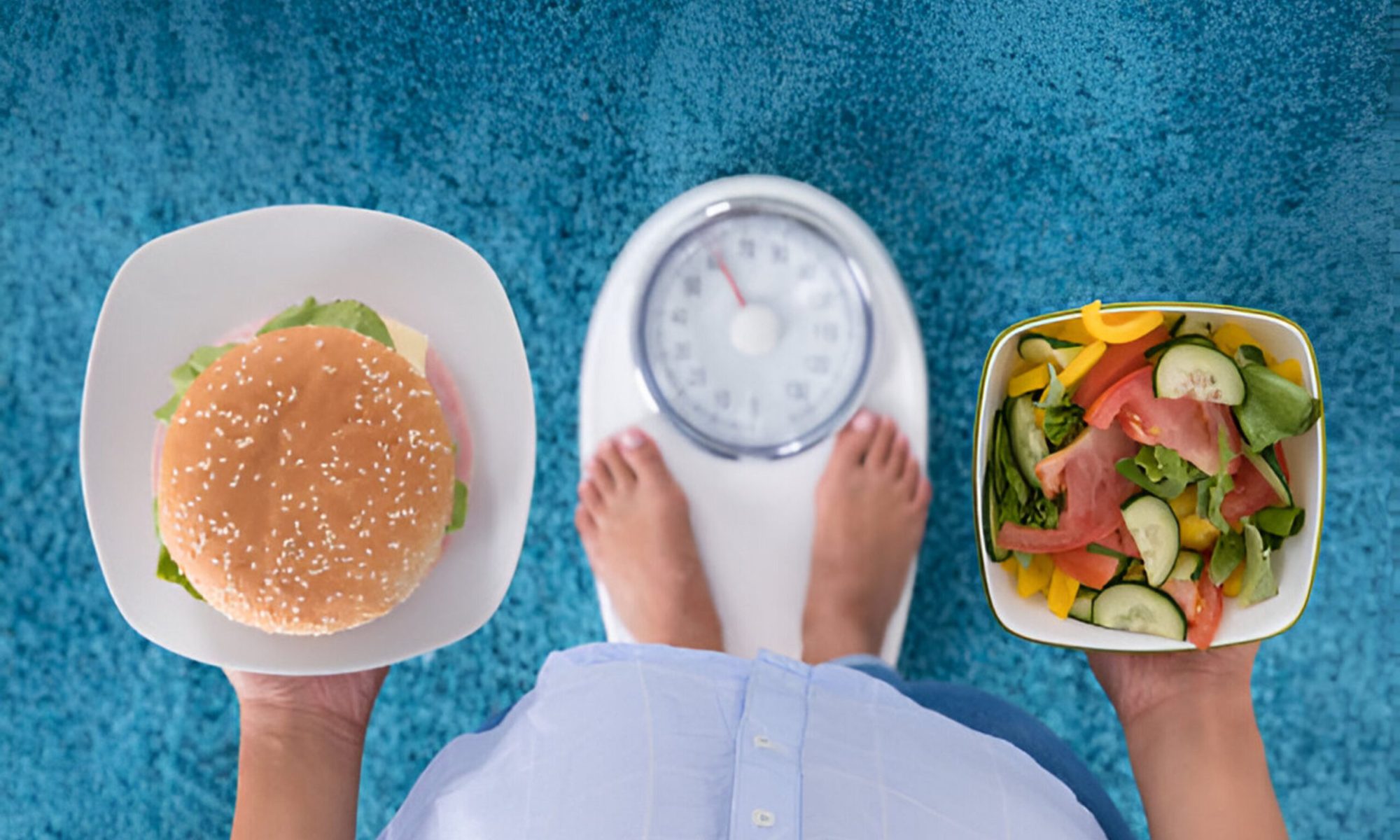
Image: istock.com
A research team at the Harvard School of Public Health, led by Dr. Dariush Mozaffarian and Dr. Frank Hu, studied lifestyle changes contributing to long-term weight gain with funding from the NIH and its institutes. They analyzed the habits of over 120,000 health professionals over 12 to 20 years, using biennial surveys and measuring weight every four years. Their findings were published in the New England Journal of Medicine on June 23, 2011.
The study found that specific food choices, such as potato chips, sugar-sweetened beverages, and processed meats, were linked to weight gain. At the same time, a higher intake of vegetables, whole grains, fruits, nuts, and yogurt was associated with weight loss. Dr. Hu emphasized that the idea of “good” and “bad” foods is a myth, suggesting that highly processed foods may not satisfy hunger like less processed, higher-fiber foods do, leading to increased calorie consumption. [5]
CONCLUSION
After reviewing research-based facts and evidence, it’s up to you to decide whether to maintain your current eating habits or switch to a healthier diet before it’s too late. Enjoying leisure time with friends or family and occasionally indulging in different foods is not inherently bad. However, regularly consuming unhealthy foods can ultimately harm your physical well-being. Before considering taxing unhealthy diets, everyone must recognize that eating habits can negatively impact their bodies. The lasting change comes from internal motivation.
Key Takeaways
- Be aware of what you are consuming. Is this part of a diet, or is it a harmful substance
- Sugary beverages have a high number of calories but little or no nutritional value
- Drinking water in place of sugary drinks or fruit juices is associated with lower long-term weight gain
- A lot of researches have proved that ultra-processed food cause weight gain
- Diets like vegetables, whole grains, fruits, nuts, and yogurt are associated with weight loss
References
1. Sugary Drinks
https://nutritionsource.hsph.harvard.edu/healthy-drinks/sugary-drinks/
2. Healthy Drinks
https://nutritionsource.hsph.harvard.edu/healthy-drinks/
3. Processed Foods
https://www.nhs.uk/live-well/eat-well/how-to-eat-a-balanced-diet/what-are-processed-foods/
4. Processed Foods Lead to Weight Gain, but it's about more than Calories
https://www.medicalnewstoday.com/
5. Certain Foods Linked to Long Term Weight Gain
https://www.nih.gov/news-events/nih-research-matters/certain-foods-linked-long-term-weight-gain


